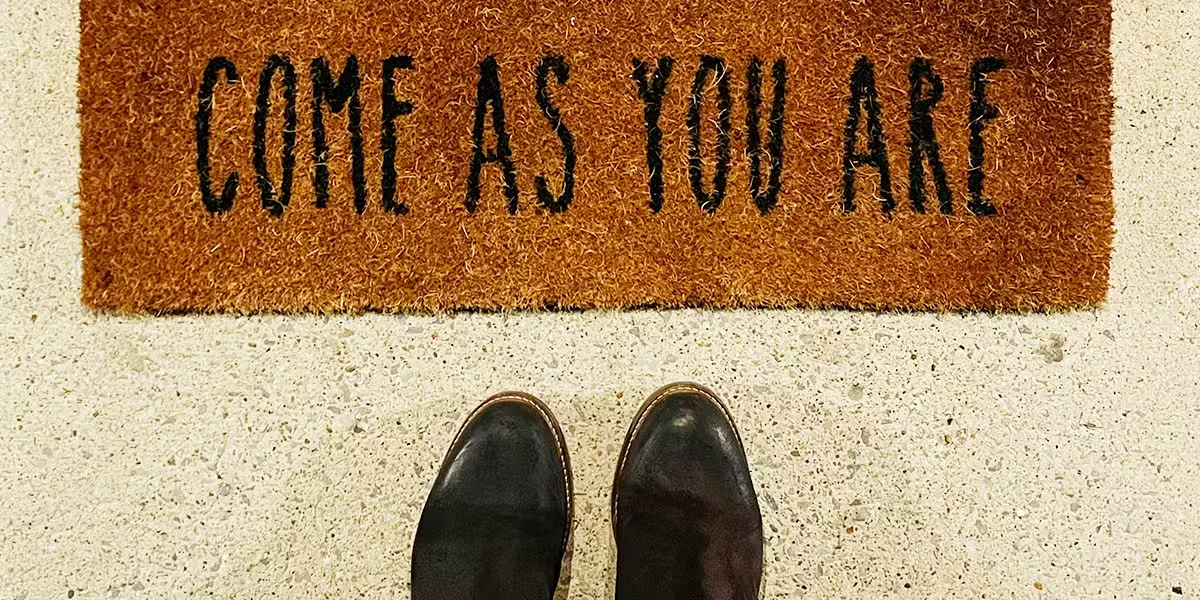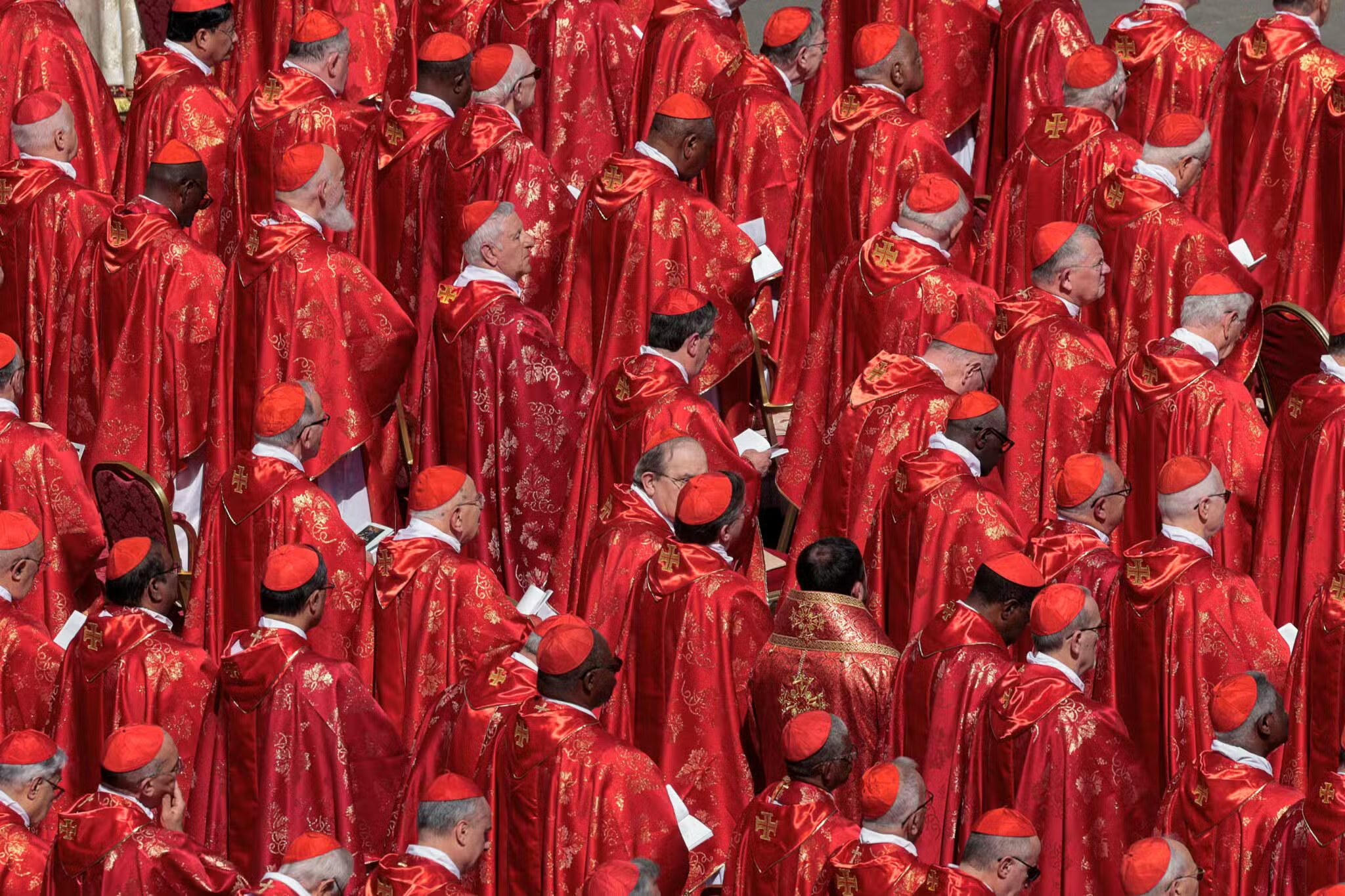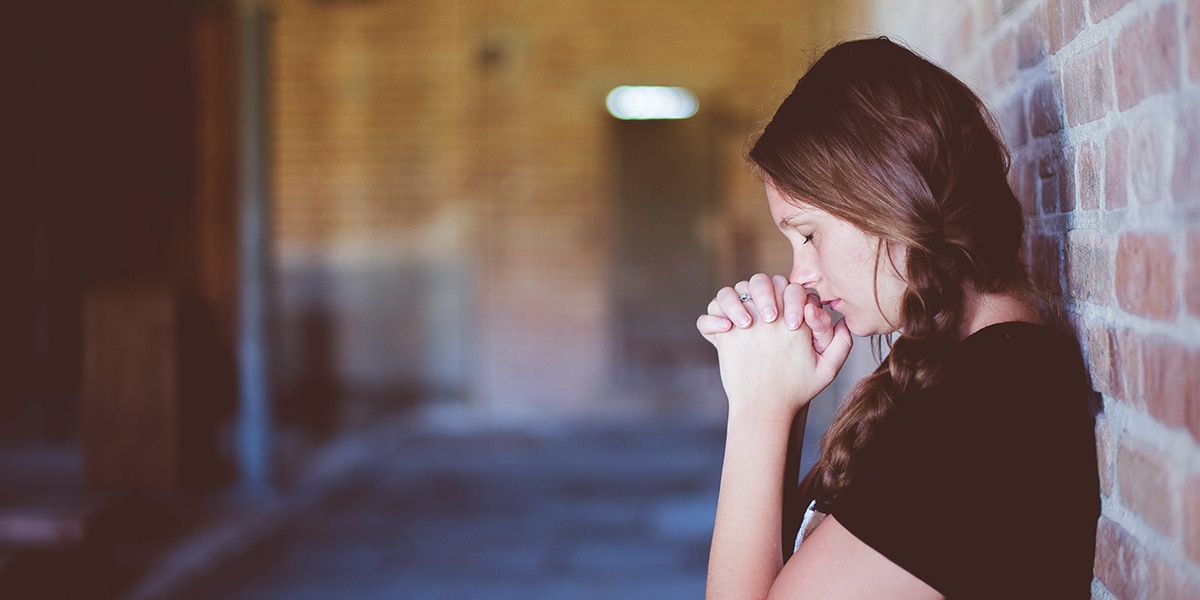DUBLIN (CNS) — At least one order of Irish nuns and the primate of all Ireland welcomed a report from a judicial inquiry into mother-and-baby homes and acknowledged the church failed to live up to its own values.
The Sisters of Bon Secours ran St. Mary’s home in Tuam from 1925 until 1961. It was among 18 homes for unmarried mothers and their children cited by Judge Yvonne Murphy in her Jan. 12 report; she said the homes showed a lack of compassion.
In a statement, Sister Eileen O’Connor, area leader of the congregation, acknowledged that “our Sisters of Bon Secours were part of this sorrowful history.”
“We did not live up to our Christianity when running the home,” Sister O’Connor said. “We failed to respect the inherent dignity of the women and children who came to the home. We failed to offer them the compassion that they so badly needed. We were part of the system in which they suffered hardship, loneliness and terrible hurt.
“We acknowledge in particular that infants and children who died at the home were buried in a disrespectful and unacceptable way. For all that, we are deeply sorry,” she said.
The inquiry was established after a local historian discovered death certificates for almost 800 infants at St. Mary’s in Tuam. However, the historian, Catherine Corless discovered there were no burial records. Public outcry resulted in a Commission of Investigation being established.
The commission spent five years investigating the treatment of unmarried mothers in state-funded Church-run homes and concluded that the blame for their “harsh treatment” rests primarily with their families, but that both the Church and state condoned this.
The report of the Commission of Investigation into Mother and Baby Homes and Certain Related Matters reviewed 18 institutions from 1922 to 1998. It found that “Ireland was a cold harsh environment for many, probably the majority, of its residents during the earlier half of the period under remit.” The report said that Ireland was “especially cold and harsh for women.”
The responsibility for the “harsh treatment” of unmarried mothers “rests mainly with the fathers of their children and their own immediate families,” the report said.
The commission stated that the mistreatment of unmarried mothers “was supported by, contributed to, and condoned by, the institutions of the state and the churches.” At the same time, the commission found that “it must be acknowledged that the institutions under investigation provided a refuge — a harsh refuge in some cases — when the families provided no refuge at all.”
Archbishop Eamon Martin of Armagh, Northern Ireland, head of the Irish bishops’ conference, welcomed the report.
“As a church leader … I accept that the church was clearly part of that culture in which people were frequently stigmatized, judged and rejected. For that, and for the long-lasting hurt and emotional distress that has resulted, I unreservedly apologize to the survivors and to all those who are personally impacted by the realities it uncovers.”
“I believe the church must continue to acknowledge before the Lord and before others its part in sustaining what the report describes as a ‘harsh … cold and uncaring atmosphere,'” the archbishop said.
By Michael Kelly | Catholic News Service







News & Commentary
Irish sister, archbishop apologize for historical treatment of unwed moms
DUBLIN (CNS) — At least one order of Irish nuns and the primate of all Ireland welcomed a report from a judicial inquiry into mother-and-baby homes and acknowledged the church failed to live up to its own values.
The Sisters of Bon Secours ran St. Mary’s home in Tuam from 1925 until 1961. It was among 18 homes for unmarried mothers and their children cited by Judge Yvonne Murphy in her Jan. 12 report; she said the homes showed a lack of compassion.
In a statement, Sister Eileen O’Connor, area leader of the congregation, acknowledged that “our Sisters of Bon Secours were part of this sorrowful history.”
“We did not live up to our Christianity when running the home,” Sister O’Connor said. “We failed to respect the inherent dignity of the women and children who came to the home. We failed to offer them the compassion that they so badly needed. We were part of the system in which they suffered hardship, loneliness and terrible hurt.
“We acknowledge in particular that infants and children who died at the home were buried in a disrespectful and unacceptable way. For all that, we are deeply sorry,” she said.
The inquiry was established after a local historian discovered death certificates for almost 800 infants at St. Mary’s in Tuam. However, the historian, Catherine Corless discovered there were no burial records. Public outcry resulted in a Commission of Investigation being established.
The commission spent five years investigating the treatment of unmarried mothers in state-funded Church-run homes and concluded that the blame for their “harsh treatment” rests primarily with their families, but that both the Church and state condoned this.
The report of the Commission of Investigation into Mother and Baby Homes and Certain Related Matters reviewed 18 institutions from 1922 to 1998. It found that “Ireland was a cold harsh environment for many, probably the majority, of its residents during the earlier half of the period under remit.” The report said that Ireland was “especially cold and harsh for women.”
The responsibility for the “harsh treatment” of unmarried mothers “rests mainly with the fathers of their children and their own immediate families,” the report said.
The commission stated that the mistreatment of unmarried mothers “was supported by, contributed to, and condoned by, the institutions of the state and the churches.” At the same time, the commission found that “it must be acknowledged that the institutions under investigation provided a refuge — a harsh refuge in some cases — when the families provided no refuge at all.”
Archbishop Eamon Martin of Armagh, Northern Ireland, head of the Irish bishops’ conference, welcomed the report.
“As a church leader … I accept that the church was clearly part of that culture in which people were frequently stigmatized, judged and rejected. For that, and for the long-lasting hurt and emotional distress that has resulted, I unreservedly apologize to the survivors and to all those who are personally impacted by the realities it uncovers.”
“I believe the church must continue to acknowledge before the Lord and before others its part in sustaining what the report describes as a ‘harsh … cold and uncaring atmosphere,'” the archbishop said.
By Michael Kelly | Catholic News Service